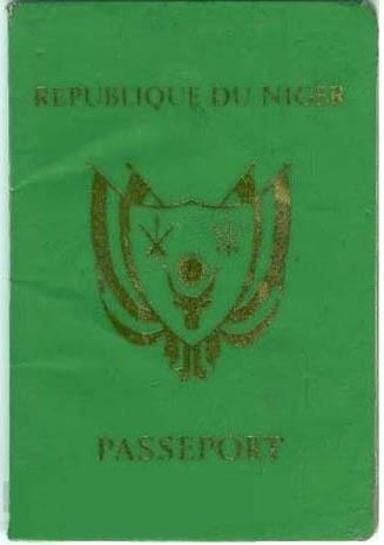Visa free access for Niger
As a Niger passport holder, you are permitted to travel visa-free to 94 countries and territories. This data is correct as of March 2024.
In order to travel visa-free, you will need a valid passport, often with at least six months until expiry. Additionally, you may need travel insurance, as required by your destination country.
Within these countries, there is often a separate section in airports where you can submit your Visa on Arrival. You will receive your visa on arrival (VOA) after entering the country that issued the visa.
Acquiring an eVisa follows the same process as applying for a traditional visa. The main difference with an eVisa is that you don’t need to visit a visa application centre. You can submit your application online, including making any payments relating to the visa.
Once the relevant authorities approve your application, you will receive a confirmation email regarding your visa status, along with a document that you must print and bring with you when crossing the border.
You will need a valid visa to enter the 94 countries with a Niger passport.
About Niger
Niger, a landlocked country located in West Africa, is known for its rich cultural heritage and diverse climate. The country experiences a tropical climate in the south, a desert climate in the north, and a semi-arid climate in the central region. Niger’s climate is characterized by high temperatures throughout the year, with a rainy season that lasts from June to September.
The population of Niger is approximately 24 million people, with a multitude of ethnic groups, each with its unique culture, traditions, and languages. Hausa is the most widely spoken language, followed by Zarma-Songhai. The people of Niger are known for their hospitality and vibrant cultural festivals, such as the Cure Salee, a festival celebrating the end of the rainy season.
Niger’s economy is largely based on subsistence crops, livestock, and some of the world’s largest uranium deposits. Agriculture employs over 80% of the workforce, but frequent droughts often affect the country’s food security. Niger also has significant gold and oil reserves, which contribute to its economy.
Despite its challenges, Niger offers a rich cultural experience, distinctive climate, and potential economic opportunities. Its people, traditions, and natural resources make it a unique destination in West Africa.

 Niger
Niger




































































































































































































